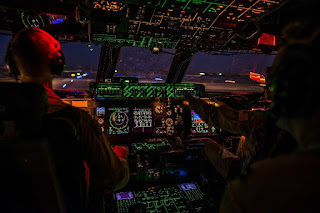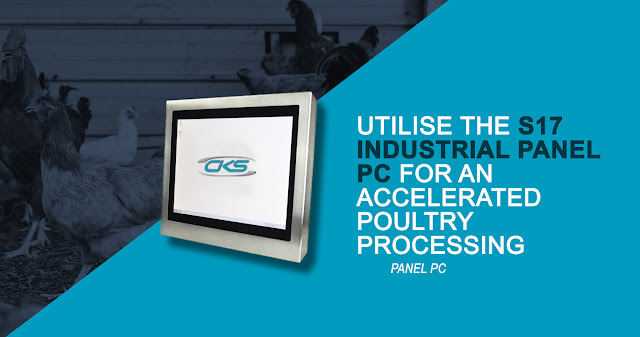17” Rugged Industrial Computers for Commercial Aviation: Pros and Cons
Computer technology has shaped modern aviation
for the better, and the development of industrial computers is no different.
From the design process to aircraft
maintenance to logistics and even transportation, it cannot be denied that industrial computer technology has had a
large contribution in its growth.
Aircraft pilots use industrial computer technology in operations such as piloting said aircraft, taking note of signals from airports, and similar tasks. © Pixabay
|
How Can
Industrial Computers Boost Aviation Processes?
In ensuring that this industry continues to
grow, industrial PCs need to play a larger role in maintaining and ensuring
these processes are carried out. Make sure you are creating the right choice by
selecting the equipment on the operations.
System Compatibility
Operational processes in the aviation industry
are very important, especially timeliness. Whenever it has to do with the
airline business itself or on the deliverables of a new aircraft design, the
industry needs the kind of technology compatible on its systems.
Updated Watchdog Features
There are many options to consider in
selecting the right industrial PC. For example, in piloting aircraft, you need
to ensure the processes and the workflows for operating the aircraft are
properly recorded for posterity. This is found in its Watchdog features that
enable for secure processes and logins.
Changes in Environment
Changes in altitude also contribute to how
computers can be used. Air pressure can be a factor in how certain wireless
signals can be sent to and from the aircraft, and the functionality of industrial computing devices makes it
easier to be controlled around such environment.
Why
Choose 17” Industrial Grade Computers for Aviation?
As industrial PCs are an investment, however,
study on the advantages of employing such technology into the operations.
Aviation experts, for example, can choose 17” industrial computer panels, and below
are some of the pros and cons of what it could mean to use such a device for
commercial aviation purposes.
17” Industrial Grade Computer Technology Facts
PROS
|
CONS
|
|
|
Choose
17” Panel Computers for Better Aviation Operations
Nevertheless, over time, the 17” industrial panel devices have more
advantages than disadvantages. The demand for strong, dependable, and
high-performing equipment is therefore crucial to the operations.
In managing both operations and logistics, the
addition of industrial devices are crucial in safe and comfortable flights. Contact
us to help you build your customised 17” panel device.
Source:
Computer Technology, Smithsonian National
Air and Space Museum
An industrial view on numerical simulation for aircraft aerodynamic
design, SpringerOpen.com


Comments
Post a Comment